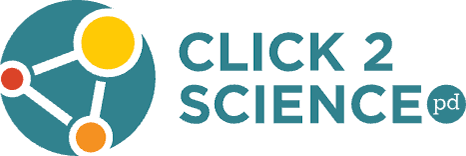Confessions of a Summer Camper

Confessions of a Summer Camper
Preparing for the June Webinar, What Can We Learn from Summer Camp?, make me reflect a lot on my own experiences as a camper and staff member at summer camps. In the webinar, I summarized research findings in this way:
- Great summer camp experiences support building new relationships with other campers and with staff. Positive relationships are important assets that help youth develop resilience and insulate them from negative influences in their lives.
- Great camp experiences help youth understand themselves better and develop a sense of confidence. Camps provide the opportunity to reinvent themselves without expectations based on their prior behavior at school or at home.
- Great camp experiences help develop a sense of control and self-efficacy as youth face challenges. The best camping experiences offer opportunities for manageable amounts of risk and responsibility that help young people thrive.
- Going to camp is fun. Great camps provide a variety of positive experience –being outdoors, playing, reflecting, creating, a balance between routine and unstructured time, and healthy food and activity.
- Great camps have their own ways of creating a place to belong. Camp traditions, silly songs, and games, eating meals together, sharing stories and jokes, and spending days (and nights) together all help youth feel they belong.
I was a passionate camper and Girl Scout growing up. I spent weeks every summer, and winter, at Camp Catron. Of course, the camp has changed a lot since those days. Our highlights were hiking through the creek, learning to identify new plants, practicing our outdoor skills, and cooking. We loved cooking over the campfire, or in the fantastic lodge kitchen on the winter campout. Imagine this small group working together, solving problems, and learning new skills. The research I read really connected to my own experience of learning, growing and building friendships at camp.
From Camper to Staffer
Knowing about my love of camping as a child, you probably aren’t surprised to learn that my first job after high school was to work at Girl Scout Camp. Suddenly, I found myself building new relationships with the other staff members, learning new skills and gaining confidence in my ability to teach and lead, and still having fun and feeling a great sense of belonging at my new camp. It was a great summer. I went on to spend the next fourteen years as I completed my bachelor’s and master’s degree working in parks and recreation programs, as a creative arts director at a summer camp, helping establish new summer programs and day camp programs and developing a creative arts program for my playground. Later, as a parent, I accompanied a group of boys to Camp Cornhusker every June for seven years.
What is my biggest takeaway from all these summers at camp? The most important things that happen at camp are connected. First, it is important to support campers in developing a sense of belonging and connection together. This sense of connection helps them manage the risks, challenges, and fears of learning new skills and taking risks, and their new skills and connections are the most important things that campers bring home from camp. I challenge you to think about how you can help young people build connections, take risks and learn new skills in your summer program, whether they are a “camp” or not. Have a great summer!
